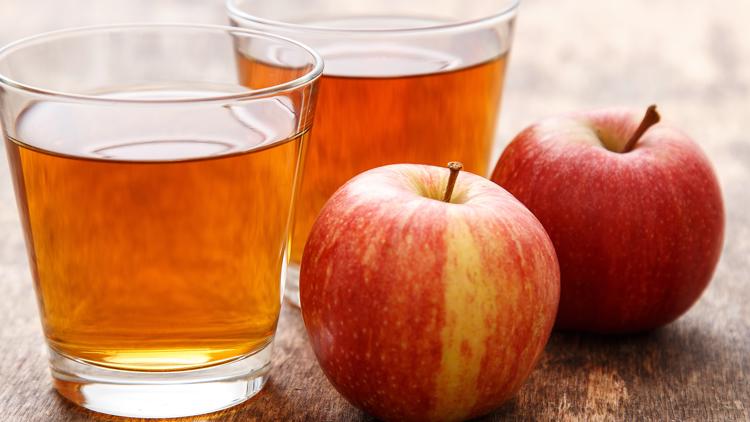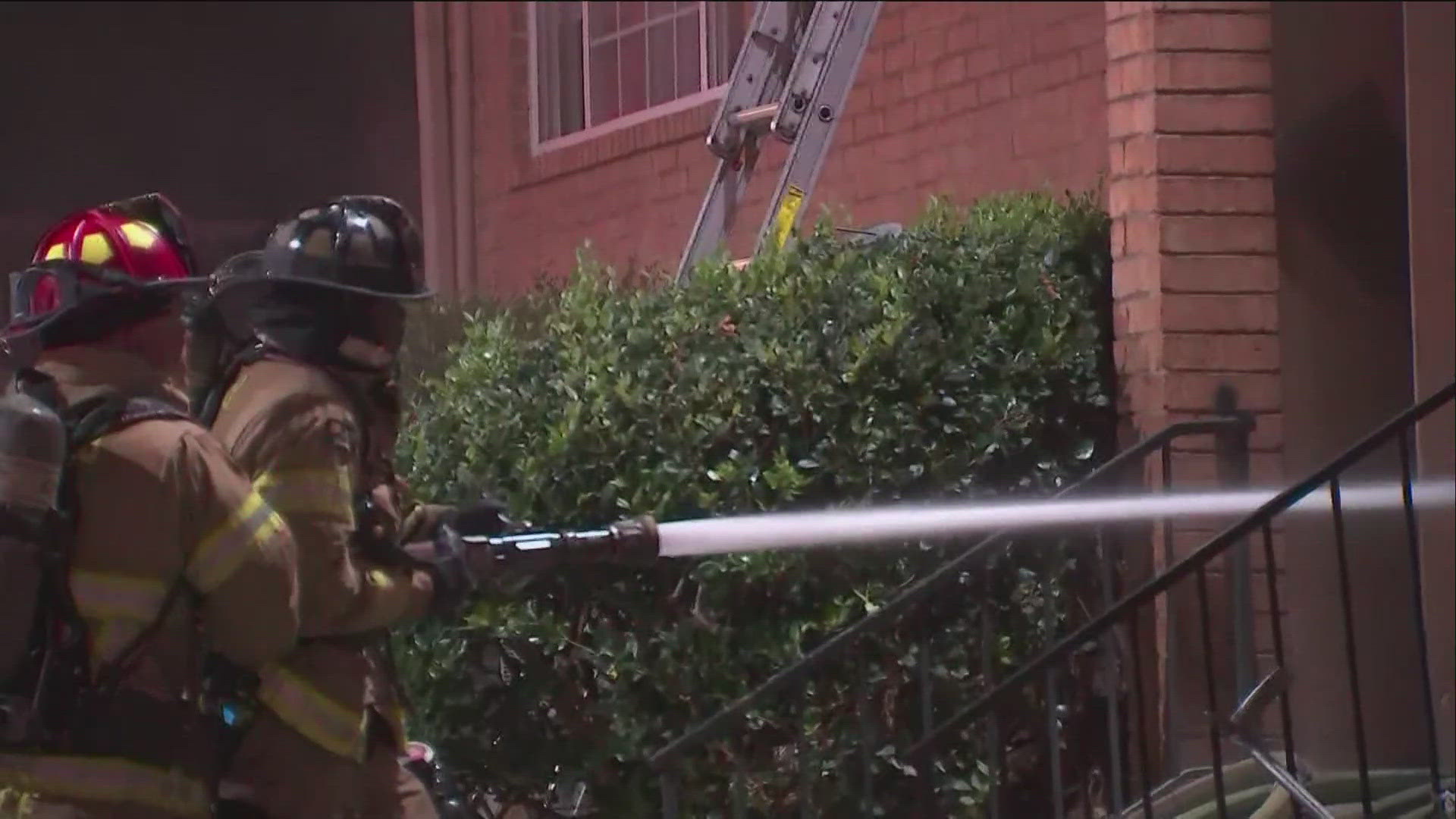WASHINGTON — A recall of apple juice over concerns about potentially harmful levels of arsenic has expanded to more than 133,000 cases of juice sold at stores across the country.
The initial recall from late August only covered "Great Value" brand juice sold at Walmart, and included just under 10,000 cases.
The recent expansion brings the total number of apple juice cases included in the multi-state recall to 133,500. Juice sold at supermarket and pharmacy chains Aldi, BJs, Market Basket, Walgreens and Weis Markets were all also included in the updated recall.
The recall now includes the "Nice! 100% apple juice" and "Clover Valley 100% apple juice" brands, among others.
A full list of affected products can be found below and on the FDA's recall page. All of the products were produced by Tampa, Florida-based Refresco Beverages US Inc. The company began a volunary recall on Aug. 15.
Recalled apple juice list
Walmart: Great Value 8oz Apple Juice in 6-pack plastic bottles with best if used by dates of Dec. 26 and Dec. 27, 2024. Sold in Walmart stores in Alabama, Florida, Georgia, Indiana, Kentucky, Ohio, Maine, New York, Pennsylvania, South Carolina and Virginia.
Great Value 96oz Apple Juice with best buy dates of Dec. 26, Dec. 27 and Dec. 28, 2024. Sold in Walmart stores in Indiana, Ohio, Maine, New York, Pennsylvania, Puerto Rico, and Virginia.
Aldi: Aldi is recalling 64-ounce plastic bottles of Nature's Nectar 100% Apple Juice with best by dates of March 26, 2025, and March 27, 2025, with the UPC code: 4099100036381. The recalled apple juice was sold at Aldi stores in 16 states: Alabama, Florida, Georgia, Illinois, Indiana, Iowa, Kentucky, Maryland, Michigan, New York, North Carolina, Ohio, Pennsylvania, South Carolina, West Virginia and Wisconsin, according to a press release from Aldi U.S.
Walgreens: Nice! 100% Apple Juice 64-ounce bottles, best by March 25, 2025 and sold in stores located in Florida, Georgia, Ohio, Pennsylvania and Wisconsin.
Key Food: Urban Meadow 100% Apple Juice 64-ounce bottles, best by March 26, 2025, and sold in Pennsylvania.
BJ's Wholesale Club: Wellsley Farms 100% Apple Juice 96-ounce bottles, best by March 26, 2025 and sold in stores located in Florida, Massachusetts and New Jersey.
Dollar General: Clover Valley 100% apple juice with best by date of March 27, 2025 and sold in stores located in Florida, Georgia, Indiana, Kentucky, New York, Ohio, South Carolina.
Weis: Weis 100% Apple Juice 64-ounce bottles, sell by March 25, 2025 and sold at stores in Pennsylvania and Maryland.
Market Basket: Market Basket 100% Apple Juice from concentrate 64-ounce plastic bottles with best by March 25, 2025 and sold in Maine.
Lidl: Solevita 100% Apple Juice 64-ounce plastic bottles with best by March 27, 2025 and sold in Virginia.
A breakdown of which brands were sold in each state can be found here under the "distribution pattern" label.
Florida-based manufacturer Refresco Beverages US Inc. voluntarily recalled the Walmart six-packs of 8-ounce juice bottles after discovering levels of the chemical contaminant that exceeded industry standards.
According to the National Institutes of Health, arsenic is found in two varieties, organic and inorganic. Both are considered toxic to humans. Because it is found in naturally occurring foods such as rice and apples, it can't be completely removed from the environment or food supply.
The arsenic believed to be in the apple juice sold in U.S. stores has been found to be inorganic arsenic, which is more dangerous to humans and has been listed as a carcinogen.
Slightly elevated levels of either form of arsenic can cause symptoms such as vomiting, abdominal pain, diarrhea, numbness and muscle cramping.
Levels found in the recalled apple juice bottles are low enough that the FDA does not expect them to cause such severe health consequences.
The FDA has not shared reports of possible illnesses associated with the apple juice recall.
The U.S. Food and Drug Administration gave the initial recall a more urgent classification on Aug. 23 after making its original announcement Aug. 15. The new classification said the affected product may temporarily cause adverse health consequences but is unlikely to cause serious or irreversible medical issues.



